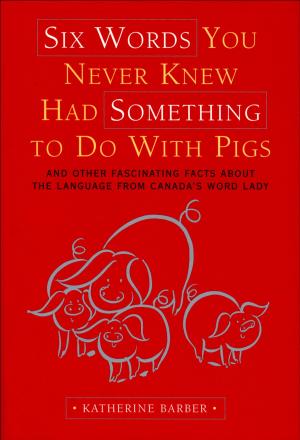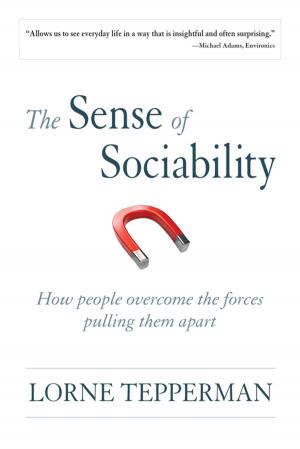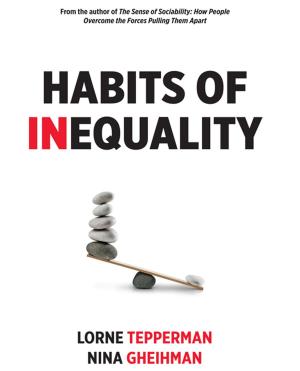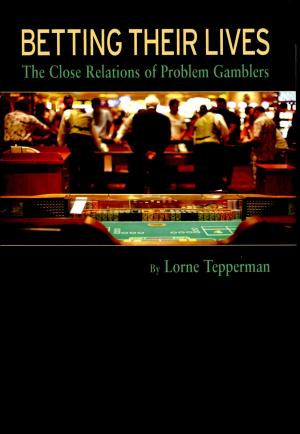| Author: | Patricia Blondal | ISBN: | 9780199010745 |
| Publisher: | Oxford University Press Canada | Publication: | September 3, 2013 |
| Imprint: | Language: | English |
| Author: | Patricia Blondal |
| ISBN: | 9780199010745 |
| Publisher: | Oxford University Press Canada |
| Publication: | September 3, 2013 |
| Imprint: | |
| Language: | English |
Three years before Margaret Laurence's first Manawaka novel, Patricia Blondal introduced the Prairie town of Mouse Bluffs, set in the Depression of the 1930s. Like the book's title suggests, this is a novelistic world of sharply drawn contrasts, where diminutive life force on a human scale trembles before a wide open, unprotecting Prairie, planet, universe. But where Laurence's novels are angry, fuelled by class-based and ethnic tensions, there is a kindness and warmth beneath Blondal's cold surfaces, an admiration for resilience and survival against the apocalyptic silence of empty space: "Nothing so silent, not moon or cold space or mountaintop so silent as the streets of Mouse Bluffs at night, nothing so small as the sound of feet on the cinder paths. Whatever man had built was lost against a horizon so vast no house or pathetic valley could hold the eyes. Eyes and heart, like the two lives lines of steel that braced all together, must follow the sweet west, forever travelling over immensity, proportionately nothing." Human existence in Blondal's novel is frail, but clings with determination to the Prairie's surface. This at times epic landscape is described with the "strength of purpose" (in Hugh Garner's words) of an author who was dying of breast cancer and would leave behind two young children. There is little to comfort the novel's characters, who inhabit an inadequate and sordid world. But there are glimmering moments of connection, reasons to struggle, and the motivation to look to the next generation.
Three years before Margaret Laurence's first Manawaka novel, Patricia Blondal introduced the Prairie town of Mouse Bluffs, set in the Depression of the 1930s. Like the book's title suggests, this is a novelistic world of sharply drawn contrasts, where diminutive life force on a human scale trembles before a wide open, unprotecting Prairie, planet, universe. But where Laurence's novels are angry, fuelled by class-based and ethnic tensions, there is a kindness and warmth beneath Blondal's cold surfaces, an admiration for resilience and survival against the apocalyptic silence of empty space: "Nothing so silent, not moon or cold space or mountaintop so silent as the streets of Mouse Bluffs at night, nothing so small as the sound of feet on the cinder paths. Whatever man had built was lost against a horizon so vast no house or pathetic valley could hold the eyes. Eyes and heart, like the two lives lines of steel that braced all together, must follow the sweet west, forever travelling over immensity, proportionately nothing." Human existence in Blondal's novel is frail, but clings with determination to the Prairie's surface. This at times epic landscape is described with the "strength of purpose" (in Hugh Garner's words) of an author who was dying of breast cancer and would leave behind two young children. There is little to comfort the novel's characters, who inhabit an inadequate and sordid world. But there are glimmering moments of connection, reasons to struggle, and the motivation to look to the next generation.















